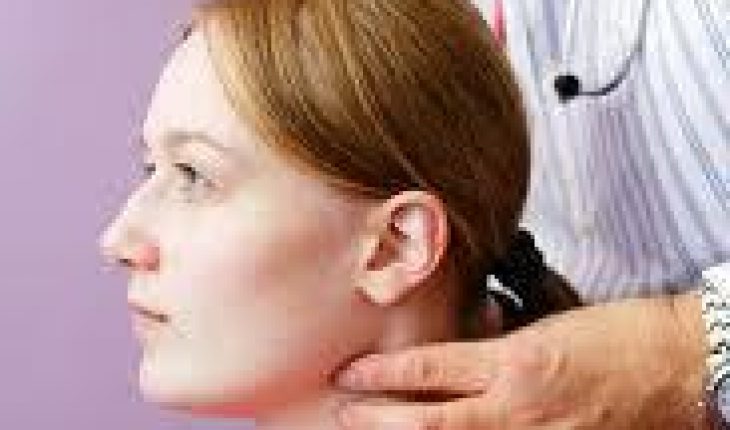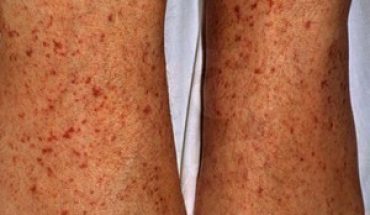Hypothyroidism is a deficiency in T? (triiodothyronine), and T? (thyroxine) which are both thyroid hormones produced by the thyroid gland in vertebrates. Hypothyroidism is commonly caused by a deficiency in iodine. Iodide is trapped in the blood, and through a series of oxidation, and other reactions including binding to thyroglobulin (protein produced in the thyroid gland), it produces thyroid hormones (T? and T? ). There are many other causes of hypothyroidism these include; removal of a part of the thyroid gland during surgery (example in removing tumors). Female patients may also experience postpartum hypothyroidism, this occurs after the birth of the child, and starts with hyperthyroidism, and eventually causes hypothyroidism. Other causes include; inheritance, and the use of certain drugs such as lithium (used in the treatment of bipolar disorder).
Classification of Hypothyroidism
T? and T? are endocrine hormones produced, and secreted in the thyroid gland. However, for these hormones to be secreted, the thyroid gland has to be stimulated by thyroid stimulating hormone, produced and secreted in the pituitary gland in the brain. The pituitary gland in turn has to be stimulated by thyrotrophic releasing hormone, produced and secreted by the hypothalamus, also in the brain. The production of T? and T? is thus regulated by a negative feedback mechanism. There are three types of hypothyroidism which can originate from the thyroid gland, the pituitary gland or the hypothalamus.
Primary Hypothyroidism
Primary hypothyroidism occurs at the level of the thyroid gland, and is characterized by a deficiency in T? and T?
Secondary Hypothyroidism
Secondary hypothyroidism occurs at the level of the pituitary gland and is characterized by a deficiency in thyroid stimulating hormone (TSH).
Tertiary Hypothyroidism
Tertiary hypothyroidism occurs at the level of the hypothalamus, and is characterized by a deficiency in thyrotrophic releasing hormone (TRH). Hypothyroidism symptoms tend to be the direct opposite of hyperthyroidism symptoms. In the early stages, hypothyroidism symptoms may include some, or all of the following;
- Fatigue.
- Constipation.
- Depression.
- An inability to tolerate cold, or an increased sensitivity to cold.
- Goiter.
- Paleness (the skin may appear to be pasty).
- Dry skin.
- Increase in weight.
In the late stages of hypothyroidism patients may experience some or all of the following symptoms;
- The voice may be breaking, this may be accompanied by slowed speech.
- There may be abnormal changes in the menstrual cycle
- Other rare symptoms can include; hair loss, shortness of breath, anemia or even deafness.
Hypothyroidism diet
Since hypothyroidism slows metabolism, then diets centered on this condition, seek to speed up metabolism. Depending on the type of hypothyroidism experienced, you may want to try foods rich in iodine. Iodized salt, and fish are two good options. Iodine in the blood converts to iodide which contributes in making thyroid hormones, which increase metabolism.
Stay away from fatty foods, and eat a lot of grains, especially bran. These increase metabolism. Remember to also drink a lot of water as eating too much bran can contribute to constipation if not taken with water.
Visit your doctor before starting the hypothyroidism diet.





